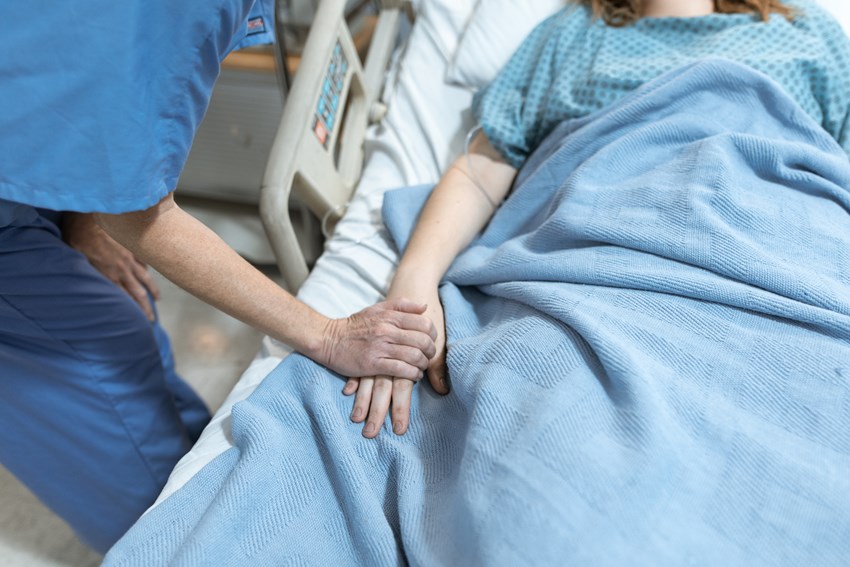Research on the incidence of near-death experiences (NDEs) in patients admitted to intensive care units (ICU) for at least 7 days reveals that 15% reported having experienced a NDE. The emergence of these experiences seems to be enhanced by the propensity for dissociative symptoms and by the patients' spiritual beliefs and practices.
As stated by Bruce Greyson, NDEs are “intensely vivid and often life-transforming experiences, often occurring under extreme physiological conditions such as life-threatening trauma, cardiac arrest, or deep anesthesia”. To date, few prospective studies on NDE were carried out only in ICU patients with homogeneous aetiologies, such as cardiac arrest or trauma survivors.
It was in this context that, with the support of the BIAL Foundation, researchers from the Universities of Liège (Belgium) and Laval (Canada) carried out a study to assess the incidence of NDEs among ICU survivors, regardless of the critical illness they survived. The research also covered the factors that may affect the frequency of NDEs and evaluated the patients' quality of life one year after the experience.
The study included 126 adult participants with more than 7 days of ICU stays, who were interviewed after discharge. Of this sample, 19 patients (15%) reported having experienced a NDE as assessed by the NDE scale created by Greyson. Participants were further assessed for dissociative experiences, spirituality, religiosity and personal beliefs, as well as for dozens of medical parameters. One year later, they were contacted by phone to measure their quality of life, using the EuroQol five-dimensional questionnaire.
In the article “Incidence of near-death experiences in patients surviving a prolonged critical illness and their long-term impact: a prospective observational study”, published in February in Critical Care journal, the team led by Charlotte Martial and Anne-Françoise Rousseau reveals that in the study carried out, in addition to a 15% NDE incidence, cognitive and spiritual factors outweighed medical parameters as predictors of the emergence of NDE.
While the univariate analyses associated mechanical ventilation, sedation, analgesia, reason for admission, primary organ dysfunction, and dissociative and spiritual propensities with NDE emergence, the multivariate logistic regression analysis only indicated a greater propensity for dissociative symptoms and a greater spiritual and personal well-being as predicted factors for NDE emergence. An evaluation one year later demonstrated that the NDE was not significantly associated with quality of life.
While acknowledging that further studies are needed to confirm these findings in larger cohorts or in survivors of a shorter ICI stay, the authors conclude that "the recall of NDE is not so rare in the ICU". Given that NDEs "are typically reported as transforming and may be associated with negative emotions, we consider clinically meaningful to interview patients about any potential memory upon awakening", they reveal.
Learn more about the project “Characterization of ‘Near-Death Experiences’ through the comparison of experiencers and non-experiencers’ particularities: inter-individual differences in cognitive characteristics and susceptibility to false memories” here.






































